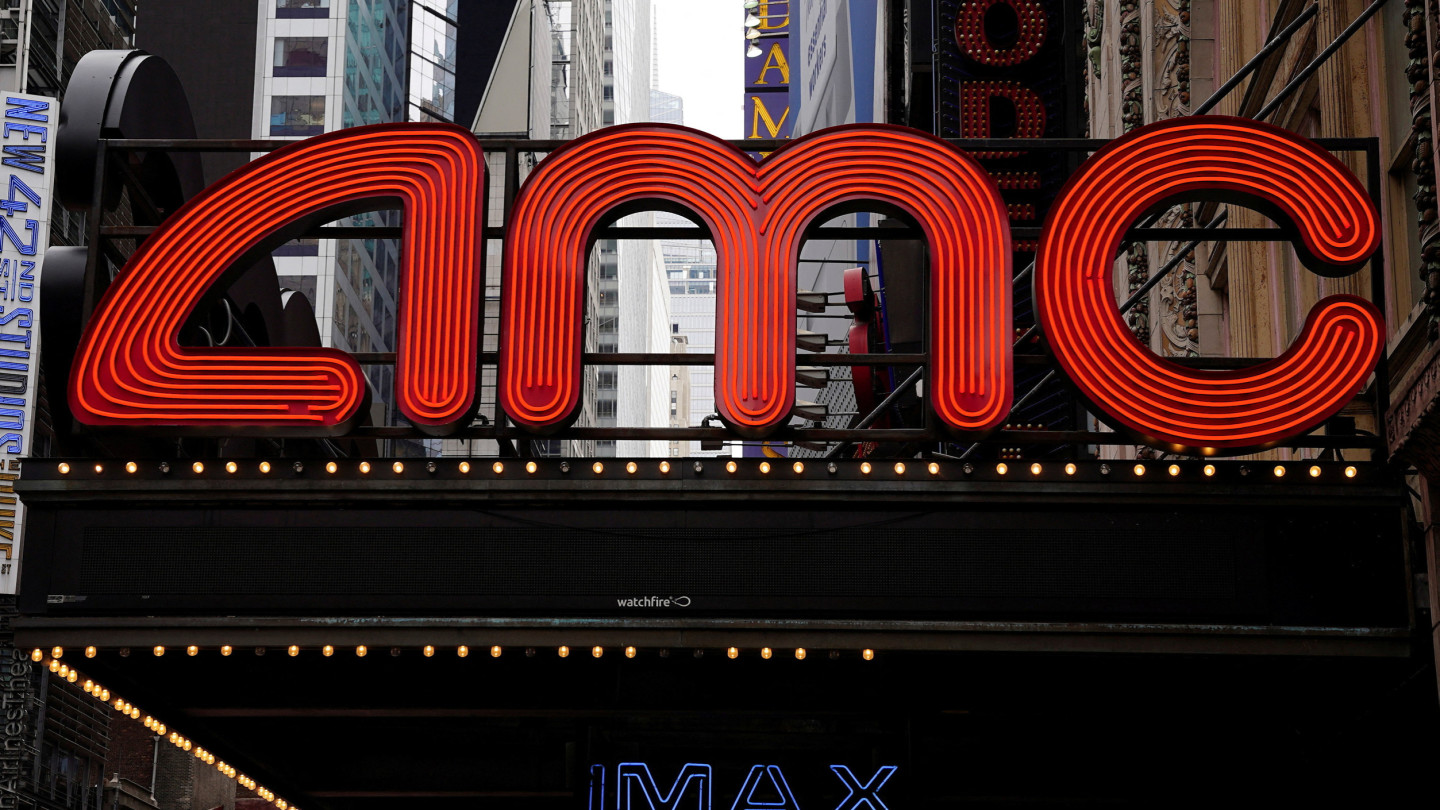AMC Entertainment: preferred stock stunt tests efficient markets

Roula Khalaf, Editor of the FT, selects her favourite stories in this weekly newsletter.
Adam Aron, the memelord and chief executive of AMC Entertainment, sees the company’s shareholder register as an exclusive club. Perhaps too exclusive.
AMC has dodged financial distress by issuing billions of dollars worth of equity since the pandemic. An emblematic meme stock, its trading value has broken from reality. AMC would like to sell more equity but its shareholders have not yet provided the authorisation to issue more common shares over worries of dilution.
Preferred stock is another matter. AMC earlier this month decided to issue to its common stockholders a preferred stock unit. This trades under the ticker “APE”, a nickname for its army of retail traders. This AMC unit essentially mirrors a common share in economic and voting power, and eventually will be convertible into one. AMC must still get shareholder authorisation.
However, Wall Street does not approve. The APE unit trades at roughly $7 while AMC shares change hands at $10, offering an arbitrage opportunity. It also creates a challenge for AMC. The company would like to sell more APE units to raise capital. But at this discount to the common stock price, raising new cash is possible but expensive.
Business has improved, though. AMC recently announced a strong second quarter with slightly positive operating cash flow of $52mn. Yet box office receipts have not reached the levels of 2019 and may not for years. AMC rival Cineworld is approaching bankruptcy.
Aron has masterfully managed the shareholder experience around AMC to keep it afloat. But he knows he needs to keep the show rolling with AMC which carries $9.5bn in net debt.
Theoretically, preferred stock should trade at a premium to the common given its higher priority in a potential bankruptcy. Shareholders could short the common stock and use the proceeds to buy the APE unit. When the APE unit can be converted to common stock, shareholders could make that swap, deliver back the borrowed share and pocket the difference. That trick is one that Aron himself could salute.
Lex recommends the FT’s Due Diligence newsletter, a curated briefing on the world of mergers and acquisitions. Click here to sign up.
Comments